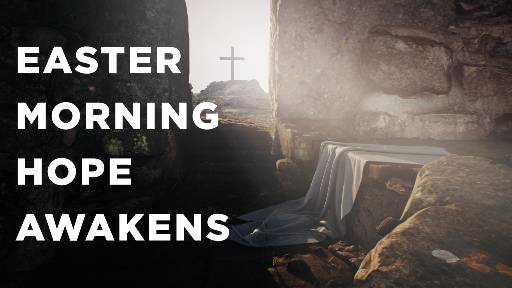-
One World Government
Contributed by Thomas Swope on Dec 24, 2019 (message contributor)
Summary: A study in Psalm 67: 1 – 7
Psalm 67: 1 – 7
One World Government
An Invocation and a Doxology
To the Chief Musician. On stringed instruments. A Psalm. A Song.
1 God be merciful to us and bless us,
and cause His face to shine upon us, Selah 2 That Your way may be known on earth, Your salvation among all nations. 3 Let the peoples praise You, O God; Let all the peoples praise You. 4 Oh, let the nations be glad and sing for joy! For You shall judge the people righteously and govern the nations on earth. Selah 5 Let the peoples praise You, O God; Let all the peoples praise You. 6 Then the earth shall yield her increase; God, our own God, shall bless us. 7 God shall bless us, and all the ends of the earth shall fear Him.
Did the title catch your attention? Yes, we need One Person to rule the world. However, it is not a human being. We need the Prince of Peace to rule.
Mankind has tried all kinds of government to rule. Here's a rundown of the various forms of government. Which one works? (Pick one)
. Absolute monarchy - a form of government where the monarch rules unhindered, i.e., without any laws, constitution or legally organized opposition.
. Anarchy - a condition of lawlessness or political disorder brought about by the absence of governmental authority.
. Authoritarian - a form of government in which state authority is imposed onto many aspects of citizens' lives.
. Commonwealth - a nation, state or other political entity founded on law and united by a compact of the people for the common good.
. Communist - a system of government in which the state plans and controls the economy and a single -- often authoritarian -- party holds power; state controls are imposed with the elimination of private ownership of property or capital while claiming to make progress toward a higher social order in which all goods are equally shared by the people (i.e., a classless society).
. Confederacy (Confederation) - a union by compact or treaty between states, provinces or territories that creates a central government with limited powers; the constituent entities retain supreme authority over all matters except those delegated to the central government.
. Constitutional - a government by or operating under an authoritative document (constitution) that sets forth the system of fundamental laws and principles that determines the nature, functions and limits of that government.
. Constitutional democracy - a form of government in which the sovereign power of the people is spelled out in a governing constitution.
. Constitutional monarchy - a system of government in which a monarch is guided by a constitution whereby his/her rights, duties, and responsibilities are spelled out in written law or by custom.
. Democracy - a form of government in which the supreme power is retained by the people, but which is usually exercised indirectly through a system of representation and delegated authority periodically renewed.
. Democratic republic - a state in which the supreme power rests in the body of citizens entitled to vote for officers and representatives responsible to them.
. Dictatorship - a form of government in which a ruler or small clique wield absolute power (not restricted by a constitution or laws).
. Ecclesiastical - a government administrated by a church.
. Emirate - like a monarchy or sultanate, a government in which the supreme power is in the hands of an emir (the ruler of a Muslim state); the emir may be an absolute overlord or a sovereign with constitutionally limited authority.
. Federal (Federation) - a form of government in which sovereign power is formally divided -- usually by means of a constitution -- between a central authority and a number of constituent regions (states, colonies or provinces) so that each region retains some management of its internal affairs; differs from a confederacy in that the central government exerts influence directly upon both individuals as well as upon the regional units.
. Federal republic - a state in which the powers of the central government are restricted and in which the component parts (states, colonies, or provinces) retain a degree of self-government; ultimate sovereign power rests with the voters who chose their governmental representatives.
. Islamic republic - a particular form of government adopted by some Muslim states; although such a state is, in theory, a theocracy, it remains a republic, but its laws are required to be compatible with the laws of Islam.
. Maoism - the theory and practice of Marxism-Leninism developed in China by Mao Zedong (Mao Tse-tung), which states that a continuous revolution is necessary if the leaders of a communist state are to keep in touch with the people.
. Marxism - the political, economic and social principles espoused by 19th century economist Karl Marx; he viewed the struggle of workers as a progression of historical forces that would proceed from a class struggle of the proletariat (workers) exploited by capitalists (business owners), to a socialist "dictatorship of the proletariat," to, finally, a classless society -- Communism.

 Sermon Central
Sermon Central



